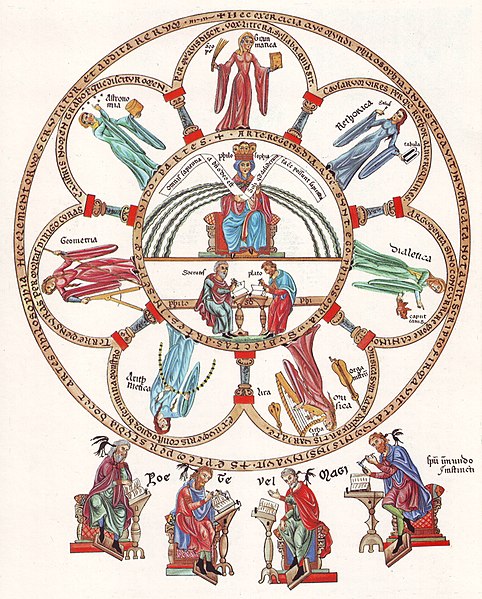By Gwynne Dulaney, Staff Editor
In recent years, skepticism towards the liberal arts has risen amongst students and adults throughout the country. Liberal arts students are often asked, “What are you going to do with that?” when someone inquires about their major. In a world where computer science and STEM jobs are becoming more appealing after graduation, with their high pay and security, the liberal arts seem less useful in today’s working world. A quick Google search reveals dozens of articles that claim the liberal arts are “in crisis.” But are they truly? The Bryn Mawr Career and Professional Development (CPD) office’s latest workshop series, Humanities at Work, says otherwise.
Built on a series of guest speakers, group work, and outside research, Humanities at Work aimed to show liberal arts students that their major will in fact benefit them after graduation, as opposed to the popular myth that liberal arts students are broke and unprepared for the working world once they leave their college bubble.
In an economy only recently recovered from a financial downturn, it is not a surprise that students may shy away from a major track that is not known to immediately lead to high pay and financial stability. An article written by Benjamin Schmidt for The Atlantic states that that “the plunge [in liberal arts degrees] seems not to reflect a sudden decline of interest in the humanities, or any sharp drop in the actual career prospects of humanities majors. Instead, in the wake of the 2008 financial crisis, students seem to have shifted their view of what they should be studying—in a largely misguided effort to enhance their chances on the job market.”
Skills such as critical thinking, writing, and creativity are qualities acquired by liberal arts majors that are significantly lacking and sorely needed in today’s increasingly technological workforce. If anything, degrees in the humanities seem more likely than ever to lead to jobs that are not only stable, but also engaging.
An impressive panel of speakers, ranging from film directors to CEOs, were able to reassure students that not only are they well-prepared for their future careers, but also that the question, “What are you going to do with that?” is absolutely pointless, as one’s major often has nothing to do with their final career path.
Adaptability, flexibility, and creative thinking are some of the most prominent skills acquired through a liberal arts degree, making liberal arts majors the perfect candidates for jobs that are outside of their current focus and comfort zones. Degrees in the liberal arts allow students to stand out to employers in a sea of “practical” majors.
Along with gaining wisdom from humanities majors of times past, students in the program were also encouraged to explore their own strengths and weaknesses so that they can eventually match themselves to potential career tracks where they would thrive and be happy.
Students were able to hone their skills in networking, social media promotion, and job hunting. Thanks to Humanities at Work, liberal arts students can feel confident that their degrees will lead them to jobs that they are passionate about, while still making rent on time.
Image credit: Philosophia et septem artes liberales, courtesy of Wikimedia Commons
